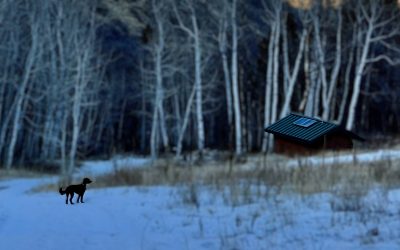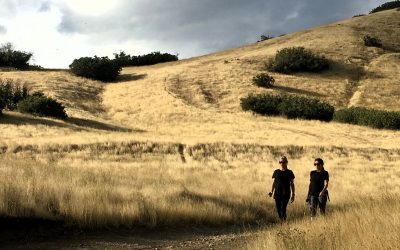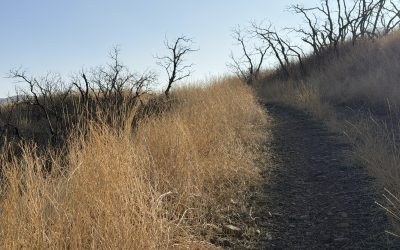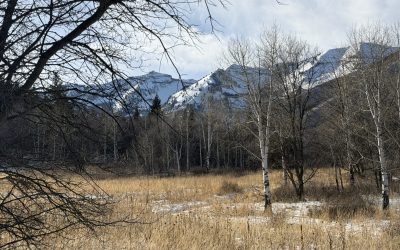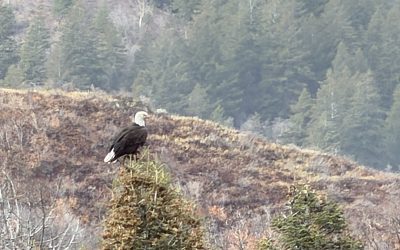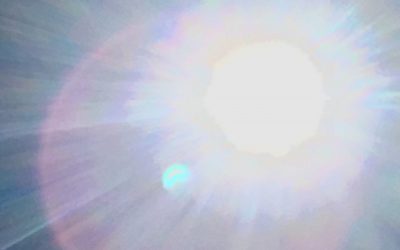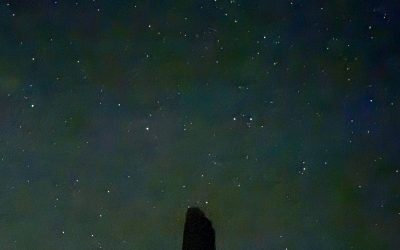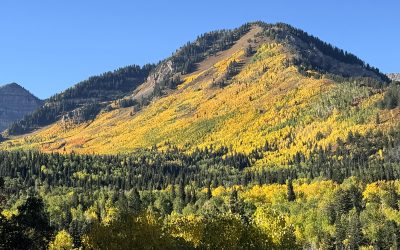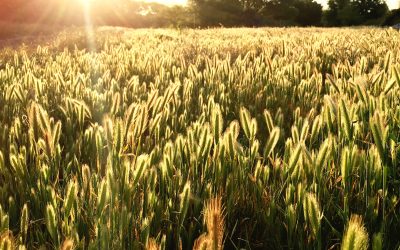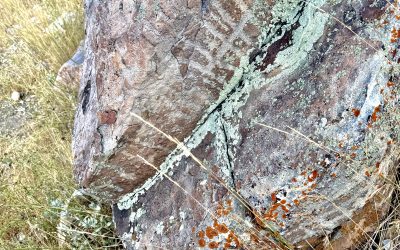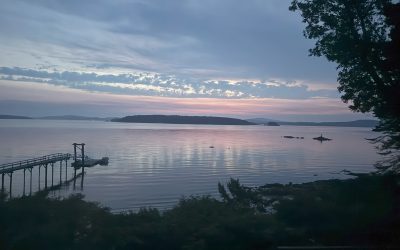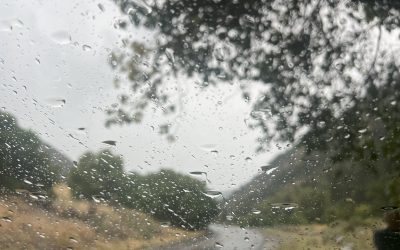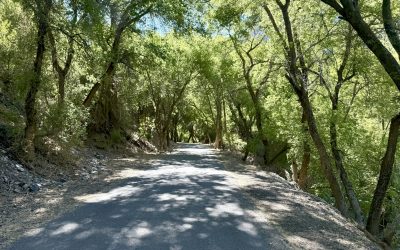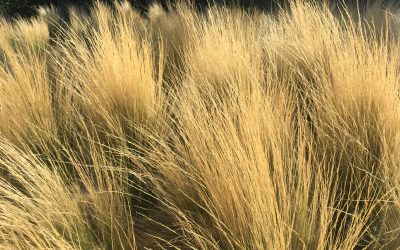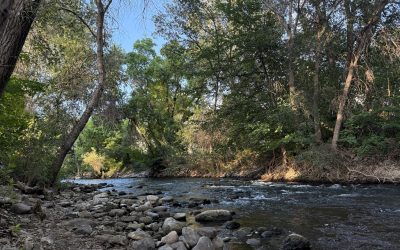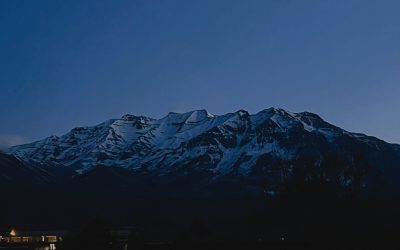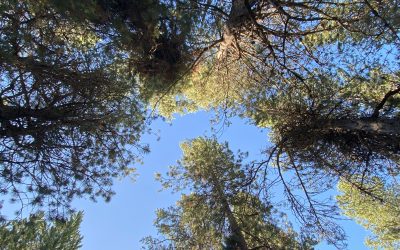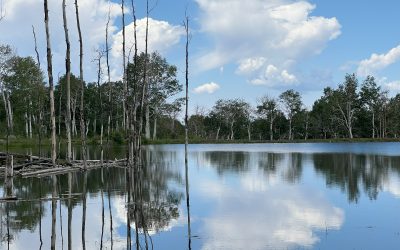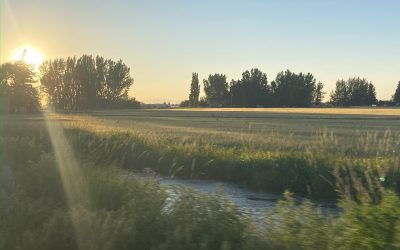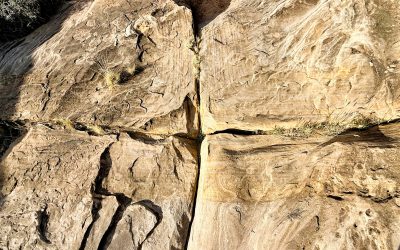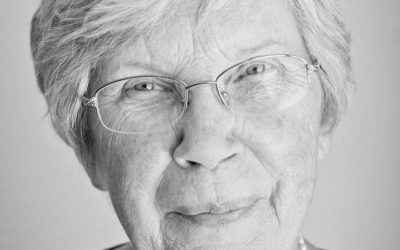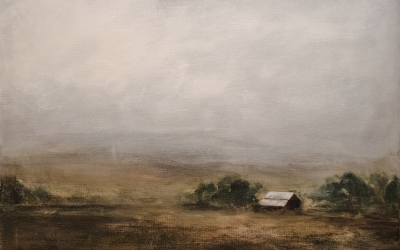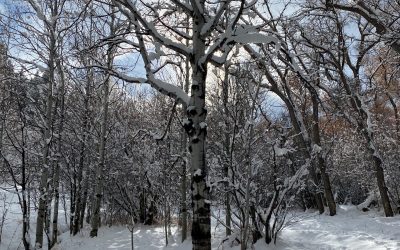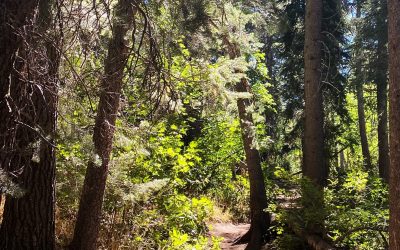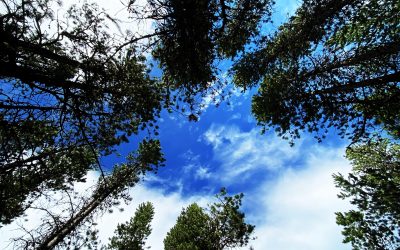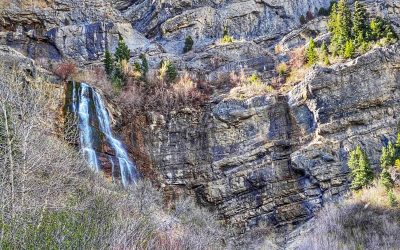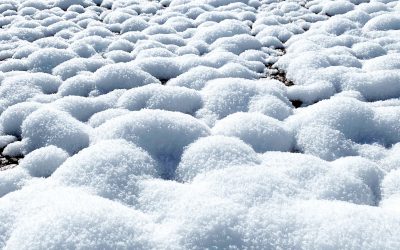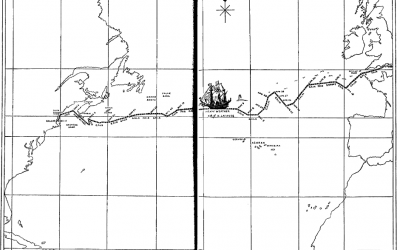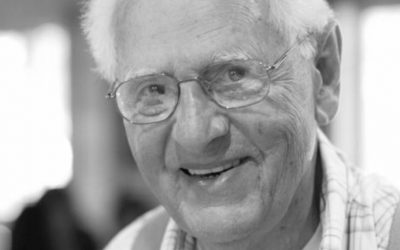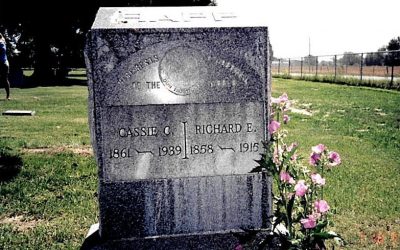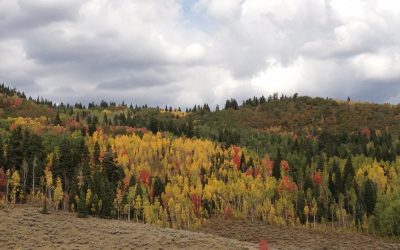Field Notes
I’ve heard it said that the best musicians are those who must sing or must write music. I guess it follows that I write because I can’t not. It only recently dawned on me that my inner muse demands that I open up a notebook or my phone to capture thoughts. Many are pure musings—slightly self-satisfying and frequently foisted on my wife for her reaction.
All said, perhaps some of the pieces below will contribute to your deeper insight or another way to think about the world. You will find published pieces interspersed with my own regular observations.
And generally, the accompanying images are my own, serendipitously composed while wandering, driving, walking, and more.
Enjoy!
Latest Observation
{#52} Old Jacket, New Boots
We were the first vehicle at the trailhead that morning. Snow was falling, not sideways or dramatic, just steady and confident. South Fork Canyon sat in that narrow winter window where the temperature hovers just above indecision: cold enough for clean flakes, warm enough to make you question your wax.
Before leaving, I told my wife I was glad for my old jacket, twenty years my backcountry touring companion, and still perfect from the teens to forty degrees. It repels moisture without drama, breaks wind without stiffness, warms without weight. I know exactly how it performs. No questions asked.
But I was also wearing new boots, which eventually raised several questions.
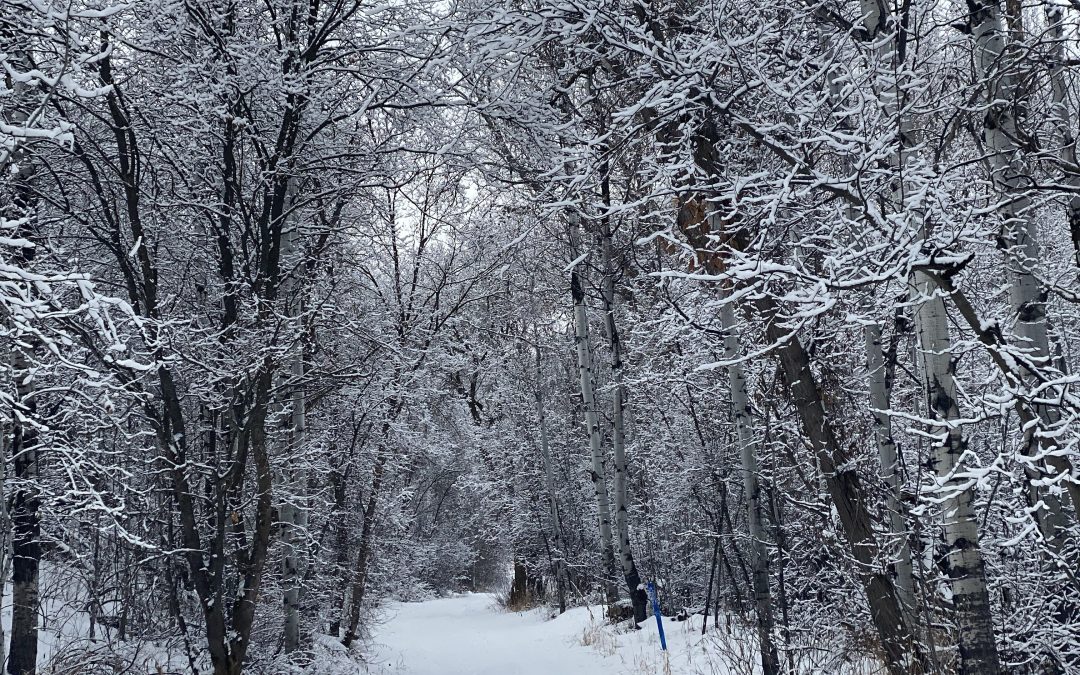
{#52} Old Jacket, New Boots
We were the first vehicle at the trailhead that morning. Snow was falling, not sideways or dramatic, just steady and confident. South Fork Canyon sat in that narrow winter window where the temperature hovers just above indecision: cold enough for clean flakes, warm enough to make you question your wax.
Before leaving, I told my wife I was glad for my old jacket, twenty years my backcountry touring companion, and still perfect from the teens to forty degrees. It repels moisture without drama, breaks wind without stiffness, warms without weight. I know exactly how it performs. No questions asked.
But I was also wearing new boots, which eventually raised several questions.
Other Articles
{#51} What Winter Knows About Sleep
I’ve read too much about sleep lately. And I’m working on it—which seems oxymoronic. Shouldn’t I just be mostly unaware for seven or eight...
{#50} Fall Line
In storytelling, a throughline is the line of force that carries a narrative forward. It’s the path a story naturally wants to take—the...
{#49} Against the Grain
It wasn’t that long ago that a new trail began to appear across a slope that had previously been accessed only by a steeper line. At...
{#48} Routine or Ritual?
The other day, I drove up the canyon to “check if it’s still there,” or so I told my daughter on the phone as I accelerated. I didn’t have...
{#47} Approximate by Design
I first learned to read the clock in abouts. Half past. Quarter till. Top of the hour. About nine o’clock. Before atomic time and the...
{#46} Choosing Play Again
A few weeks ago, I was with my family up the canyon, wandering along a shallow creek. Jack had already tried to jump the creek three times...
{#45} Eagles in the Sky
I had just flipped a U-turn at the top of South Fork Canyon and started heading back down when I saw it—first only a lazy V of a large,...
{#44} Storing Sunlight
Trees don’t grow from the ground—they grow from the air. Here’s how: leaves pull in carbon dioxide, and sunlight breaks the molecule...
{#43} A Swiftly Tilting Planet
Madeleine L’Engle once borrowed this phrase for a story about time, light, and the battle between darkness and hope. I’ve borrowed it...
{#42} Names We Hear and Smell, Names We Don’t
“And whatsoever Adam called every living creature, that was the name thereof.” — Genesis 2:19 We don’t always see, hear, or smell what...
{#41} Grounded
With the seasons changing, I’m writing this in near-dark early one morning. My screen glows in my face—an otherworldly glow that...
{#40} Center of Gravity
I took some family members hiking recently to see if we could locate Native American rock art in the foothills near town. A year earlier...
{#39} Worm
In June and July, only the earliest risers catch the quietest hour. Pre-dawn. First light. Morning’s earliest names belong to those who...
{#38} Summer Rain
This year, my area went ninety-six days without measurable precipitation. By now, we’d typically have around five inches. Instead, trails...
{#37} Shade: Darkness from Light
Step from sunlight into shade on a summer day, and your body knows the difference before your mind can name it. The air cools. Colors...
{#36} Hard of Hearing
People around me often speak, but I don’t hear them—or at least not clearly. It’s not that I’m deaf. It’s that I’m elsewhere. My mind...
{#35} Who Owns the Water?
In the American West, water is never just water. It is inheritance, leverage, and law. It has been bought, sold, diverted, fought over,...
{#34} Go West, Young Man (But Keep an Eye on North)
If you go north long enough, eventually you’ll go south. But if you go west forever, you’ll never go east. That simple geographic truth...
{#33} Someone to Walk With
Wouldn’t it have been something—to have had an empathetic companion at every milestone? Not someone to fix it or tell us what to do, but...
{#32} Shake It Off
One afternoon not long ago, I stood beside a pond. The light was soft, and the water mostly still—except for two ducks gliding toward each...
{#31} Great Feeder Day
Two weeks ago, the sun stood still. June 21—the solstice—marked the year’s longest light. I’ve started calling it Great Feeder Day. It’s...
{#30} What Catches Us
I once fell thirty feet off the Red Slab in Rock Canyon. I say “thirty” because that’s where I stopped—but it began as a fifteen-foot...
{#29} Thou Shalt Not Judge (Too Quickly)
Mountain biking the other day, I rounded a tight bend on the Bonneville Shoreline Trail and nearly crashed into a hiker hidden by thick...
{#28} We’re Cave Dwellers After All
The other day, I rode hard for a couple of hours, cutting through new spring growth of scrub oak and wild roses, mapping unfamiliar...
{#27} The Reason I Return
People occasionally ask why I return to the canyon so often. My wife, with genuine curiosity. Friends, with a teasing edge. Even my kids,...
{#26} Things That Never Go Away
There’s a spot along the canyon trail where the river shoulders into a hard left bend—calm on the inside, turbulent on the outside, like...
{#25} Life in the Slow Lane
A World Built for Walking Last weekend, I drove cattle from winter pasture to summer grazing lands. We could’ve trucked them, but the...
{#24} Where Spring Finds Us
"Adopt the pace of nature: her secret is patience." — Ralph Waldo Emerson Last week, as I walked through the Boston Public Garden, I was...
{#23} What Negative Space Reveals
There’s a flowering crabapple outside my window that tells me something I can’t see—when the wind is up. No sound, just motion: spring...
{#22} When the Trail Narrows
I passed them one by one as I left home that morning. Dodging people in every form—on bikes, skateboards, pushing strollers—each of us...
{#21} The Quiet Thunder of Awe
There are moments—quiet, sudden, unbidden—when the world opens. A canyon flickers in the last light of day. Snow hushes everything. A...
{#20} Measuring My Shadow
Shortly after the massive explosion of industrial growth following World War II, the German philosopher Martin Heidegger warned that...
{#19} Endless Summer
Winter in Utah County hits hard and often overstays its welcome. The cold settles in, clinging to the valley floor, and the...
{#18} Out of Season
Cold bites the air, frost grips the earth. Beneath the surface, something stirs—midwinter is not stillness, but a quiet revolution. Weeks...
{#17} Flow State
Big Springs is my favorite haunt, no matter the season. Winter transforms it into something entirely different—quiet, vast, and alive with...
{#16} The Mystery of Bomber Peak
A few months ago, I was studying Mt. Timpanogos on a map—one of my favorite ways to pass time—when I noticed something unusual. One of its...
{#15} The Lessons of the Valleys
When John Muir wrote, "The mountains are calling, and I must go," he didn’t realize how deeply I’d feel that call in my bones. There is...
{#14} Walker’s Cafe: Home of the Scones
After years of searching—even with my mother’s help before she passed—this photograph eluded me. Then at our family Christmas gathering,...
{#13} Breaking 1,000: The Meadowlark
Writing a novel was one of the most enjoyable things I’ve ever done. Seeing it break out–even if only a little bit–with the first 1,000...
{#12} Orphaned
I didn’t see it coming – but then I did. The forgotten passwords. Her TV began to go on the blink intermittently, never an explanation....
{#11} Doing Hard Things
Done something really hard lately? Recently, I did. Before 30, every “first” seemed challenging. College. Jobs. Marriage. First mortgage....
{#10} I Skied Yesterday
I skied yesterday. Earliest day I can remember free-heeling in the back country. November 9th. We hiked it very early that morning—7:00...
{#9} Hearing Voices
My late afternoon in the back-country recently was relatively routine, epiphany and all. Leaving my home in the front-country home that...
{#8} Presence Among Pines
A lazy afternoon in a hammock strapped between two lodgepole pines gave me this view—all my son Dakota’s idea. The creaking trees,...
{#7} Remembering Water
Although many of us have lost touch with this notion, old-timers and anyone still tied to the earth from a career point of view (that...
{#6} Sorrow to Healing
Only yesterday on one of the earliest spring days, I hiked my way into six inches of unexpected new snow. There’s nothing like it—clean,...
{#5} From England to Boston
A Biographical Sketch of Robert Walker (1607-1687) & Sarah Leager Walker (1612-1695) “A nation which does not remember what it was...
{#4} 85 Horses
Dad was 24 and single when he got his first boat—a new, 1956 StarCraft—15 feet long, burgundy and white, with a 30-horsepower hand-cranked...
{#3} Woodman
I was standing at the grave of Richard Ezra Rapp, my great-grandfather, on Memorial Day 2019 and struck by the inscription on the top of...
{#2} Vernal Equinox
Here I sit, practicing a solo version of “You Are My Sunshine” on my harmonica—the same instrument that my grandfather taught me to play....

